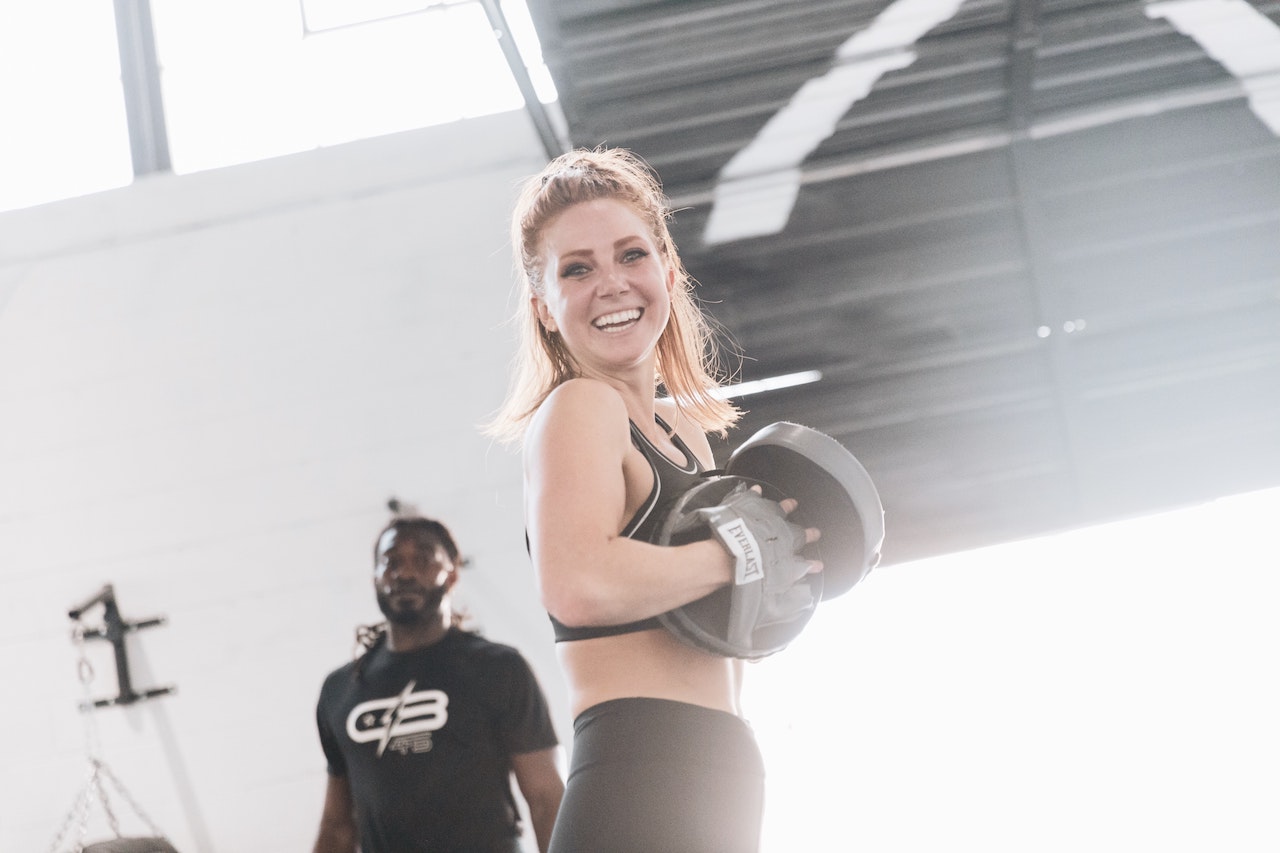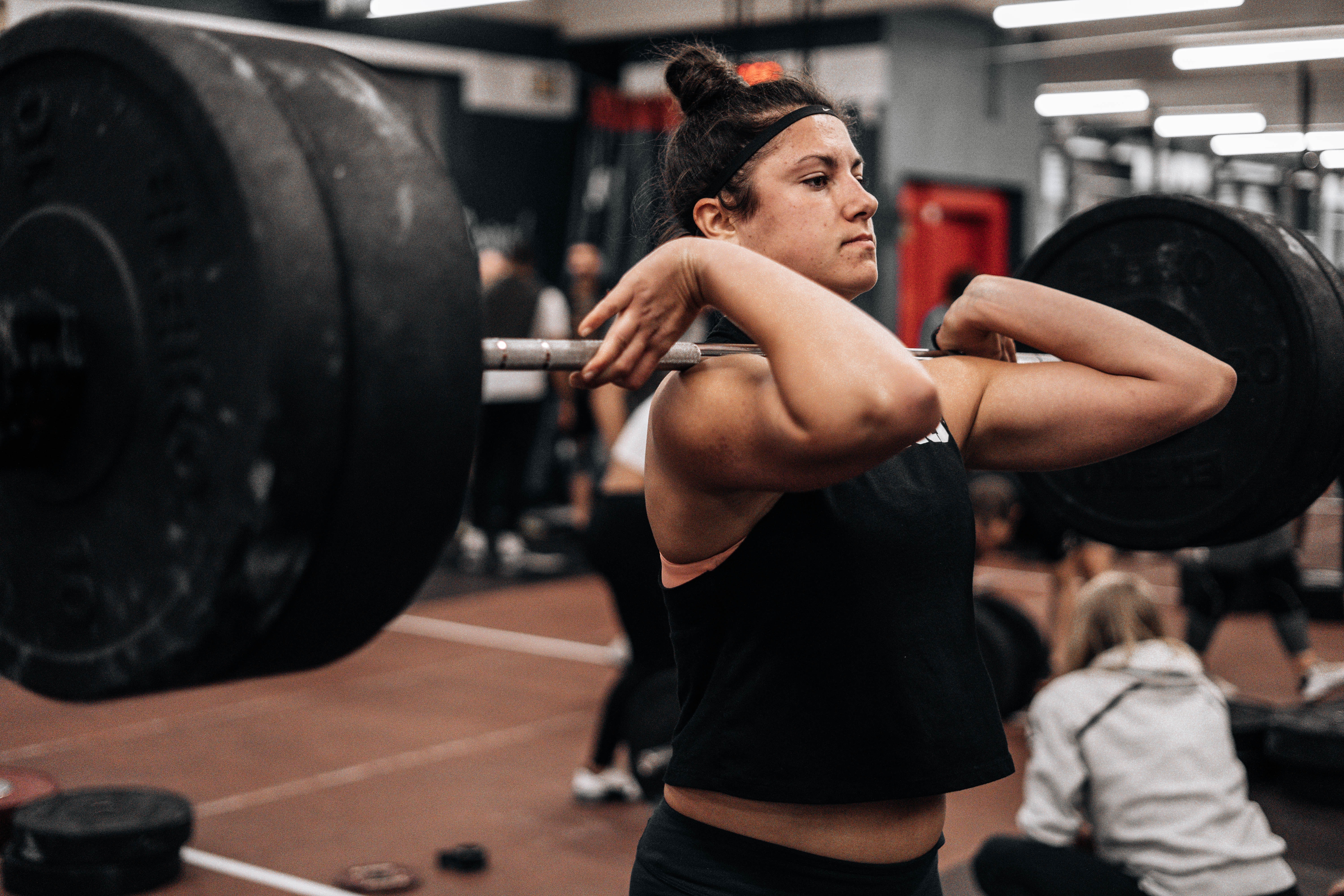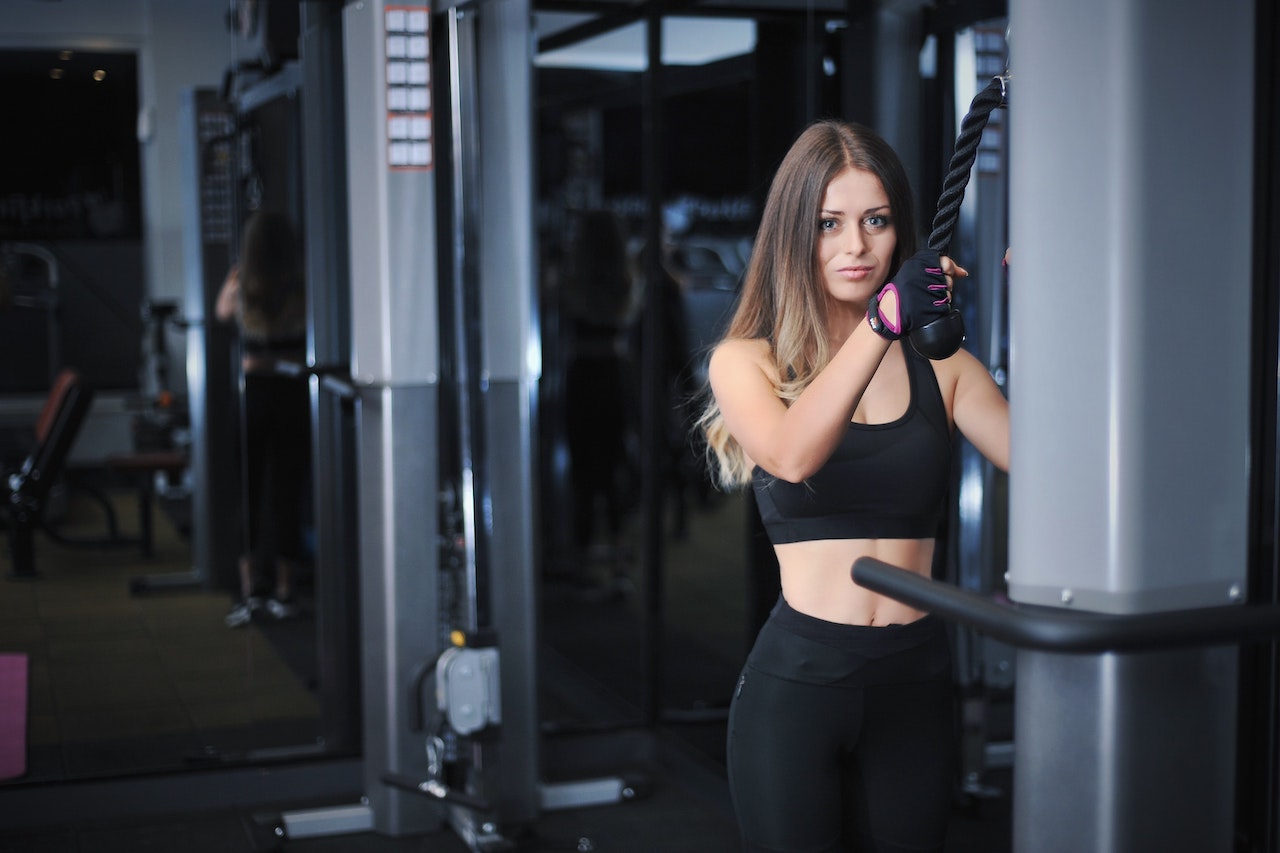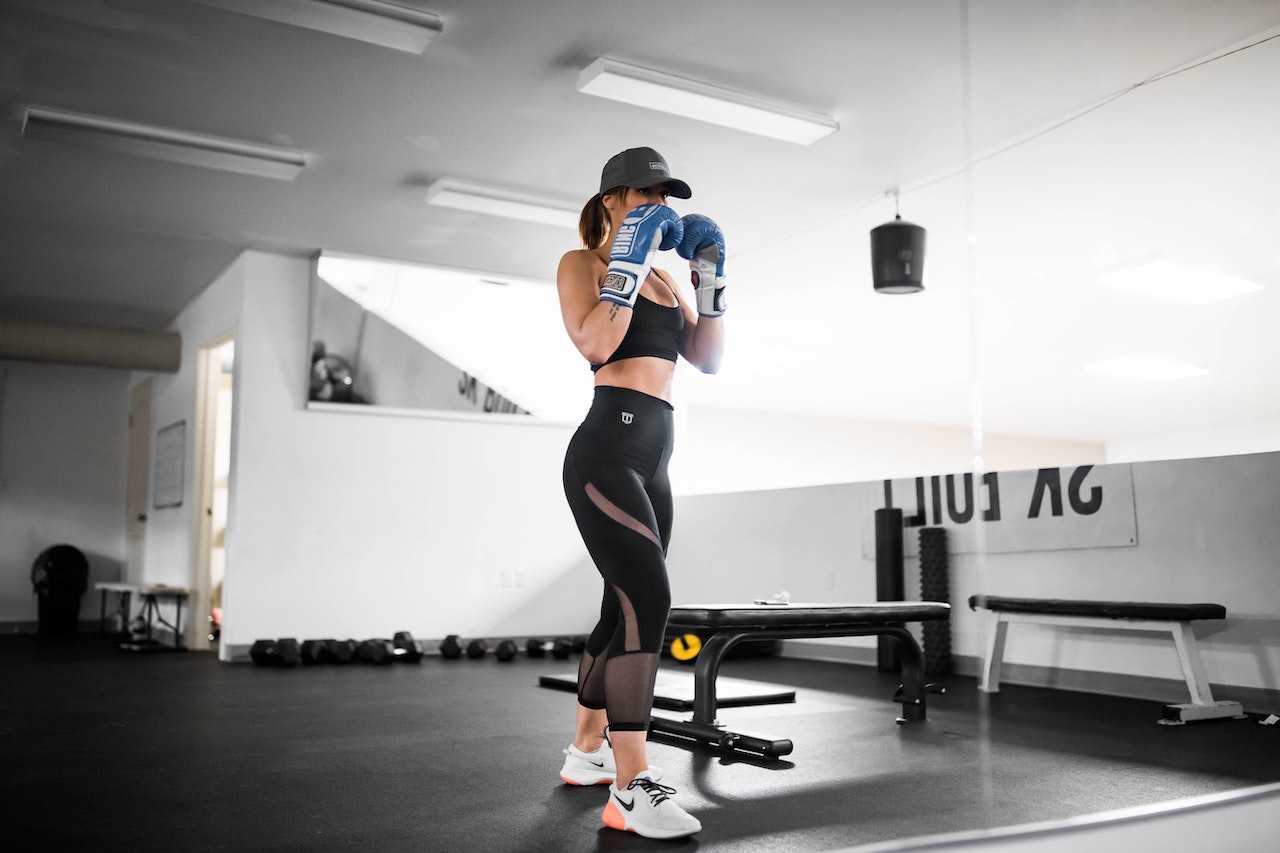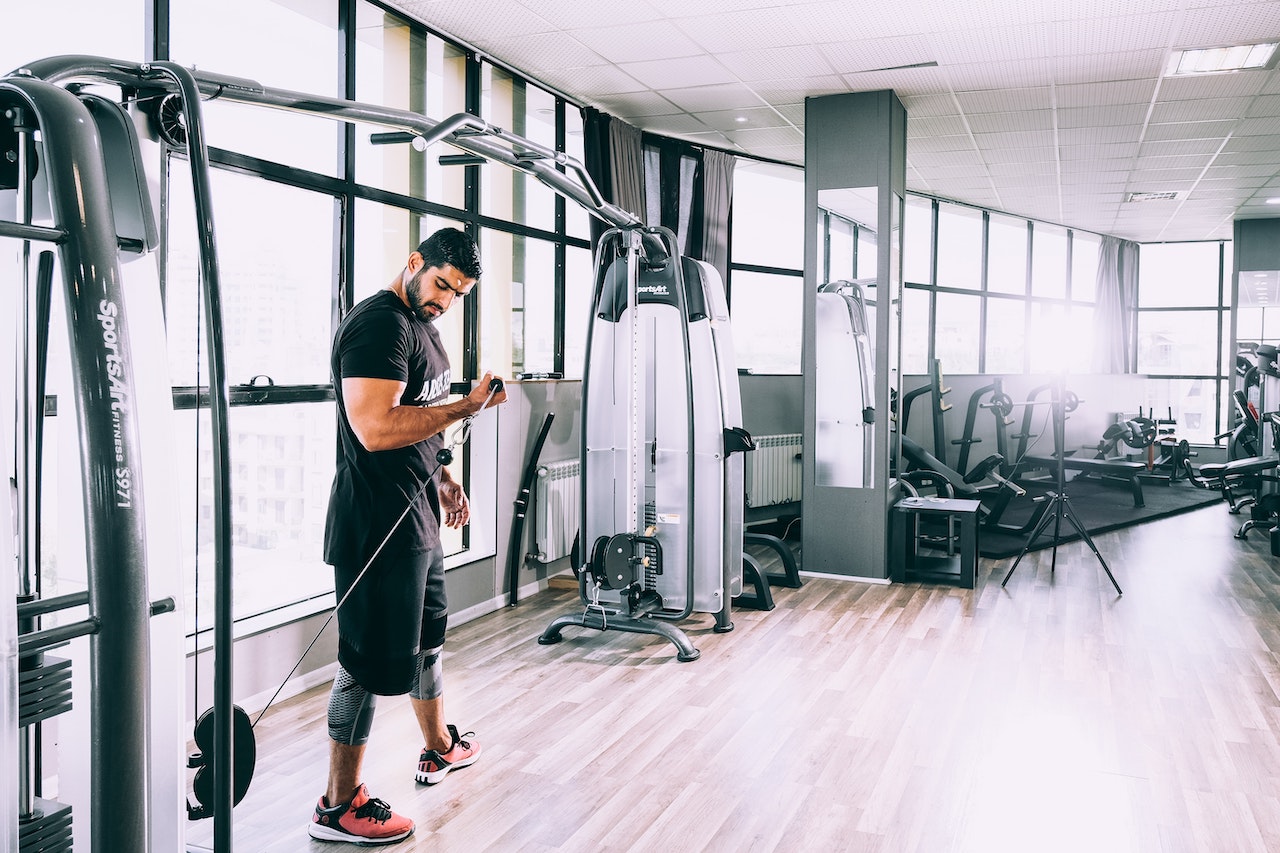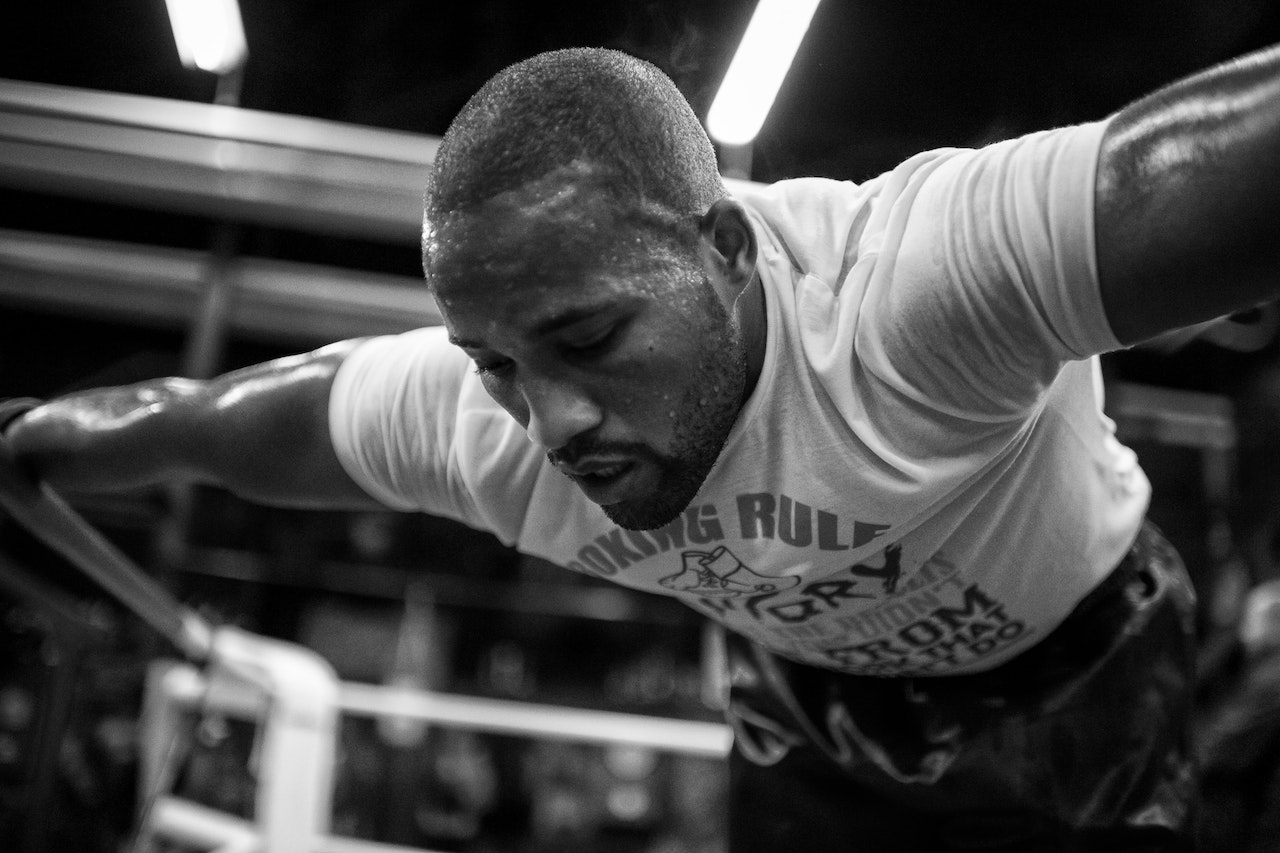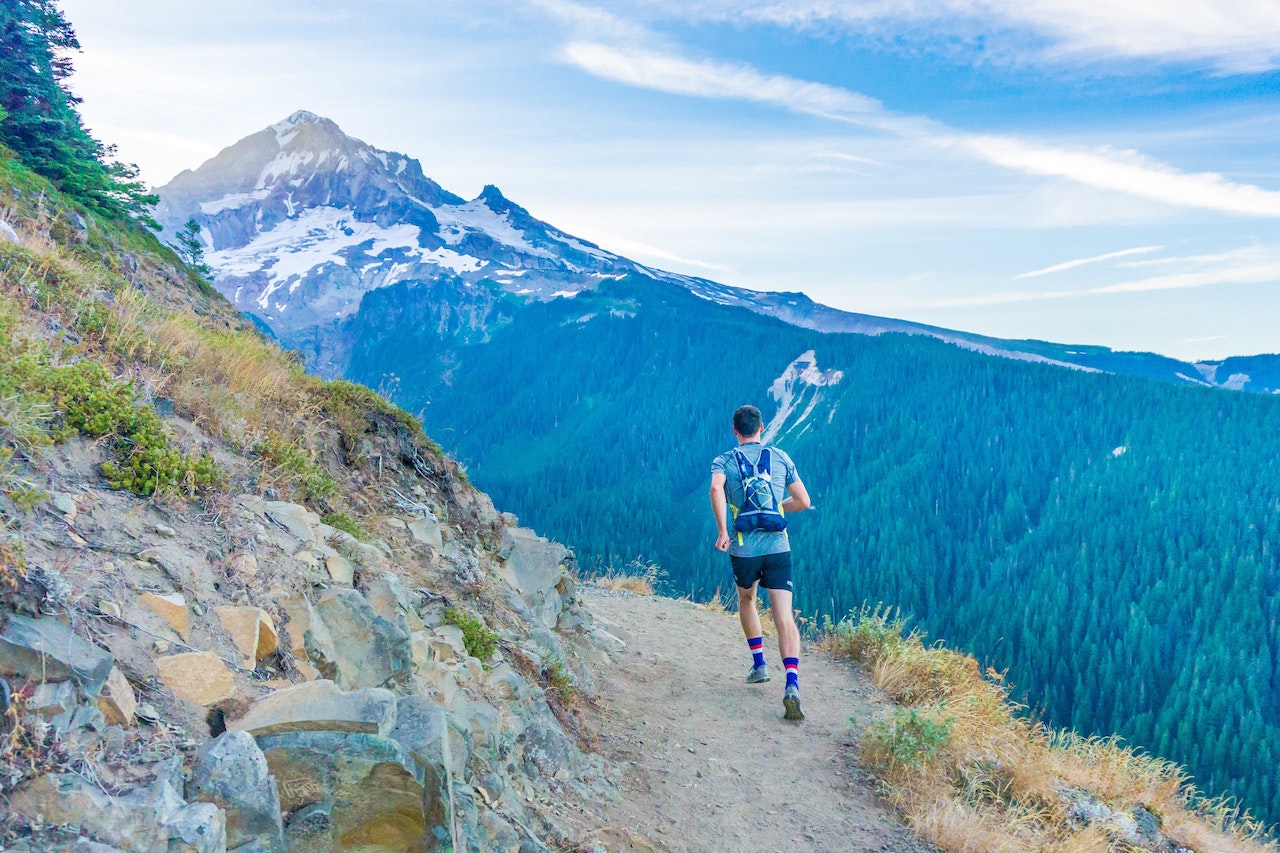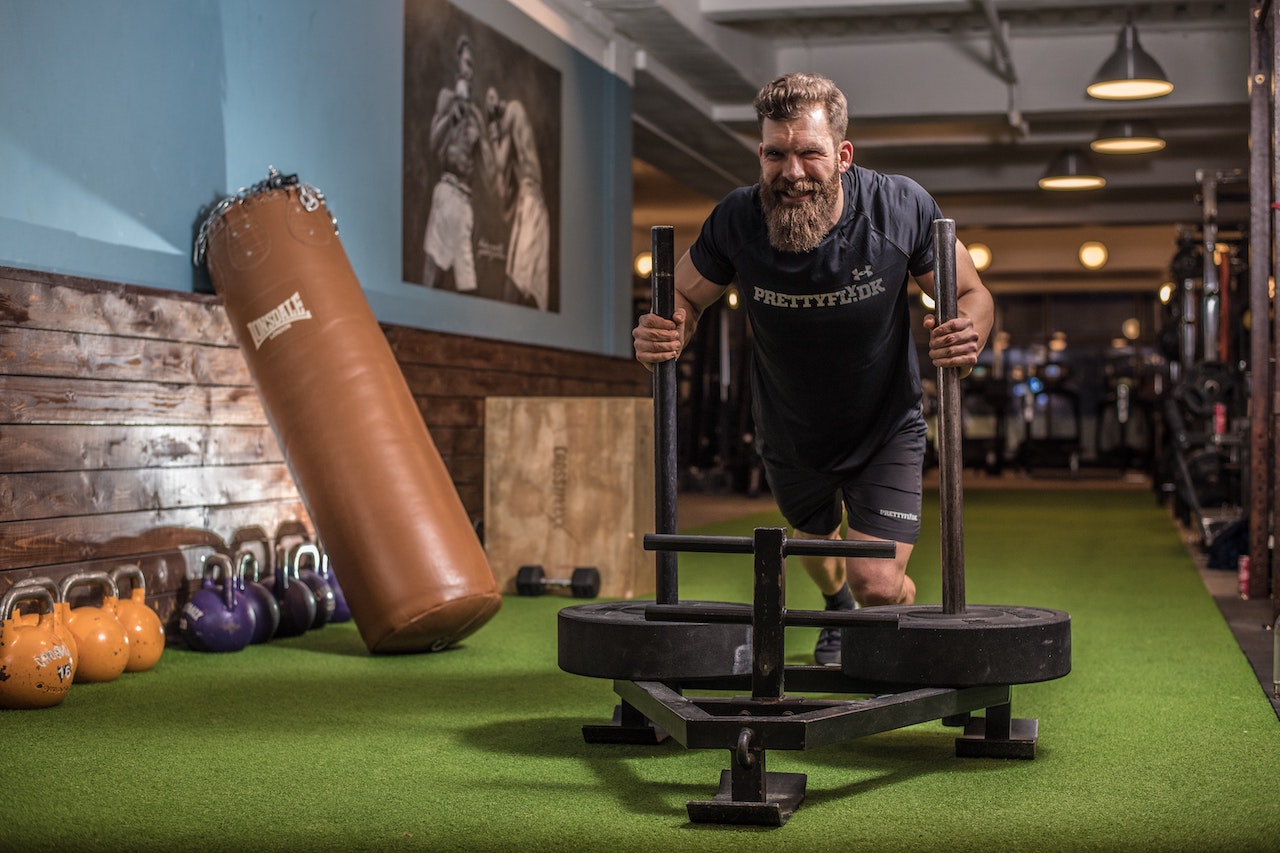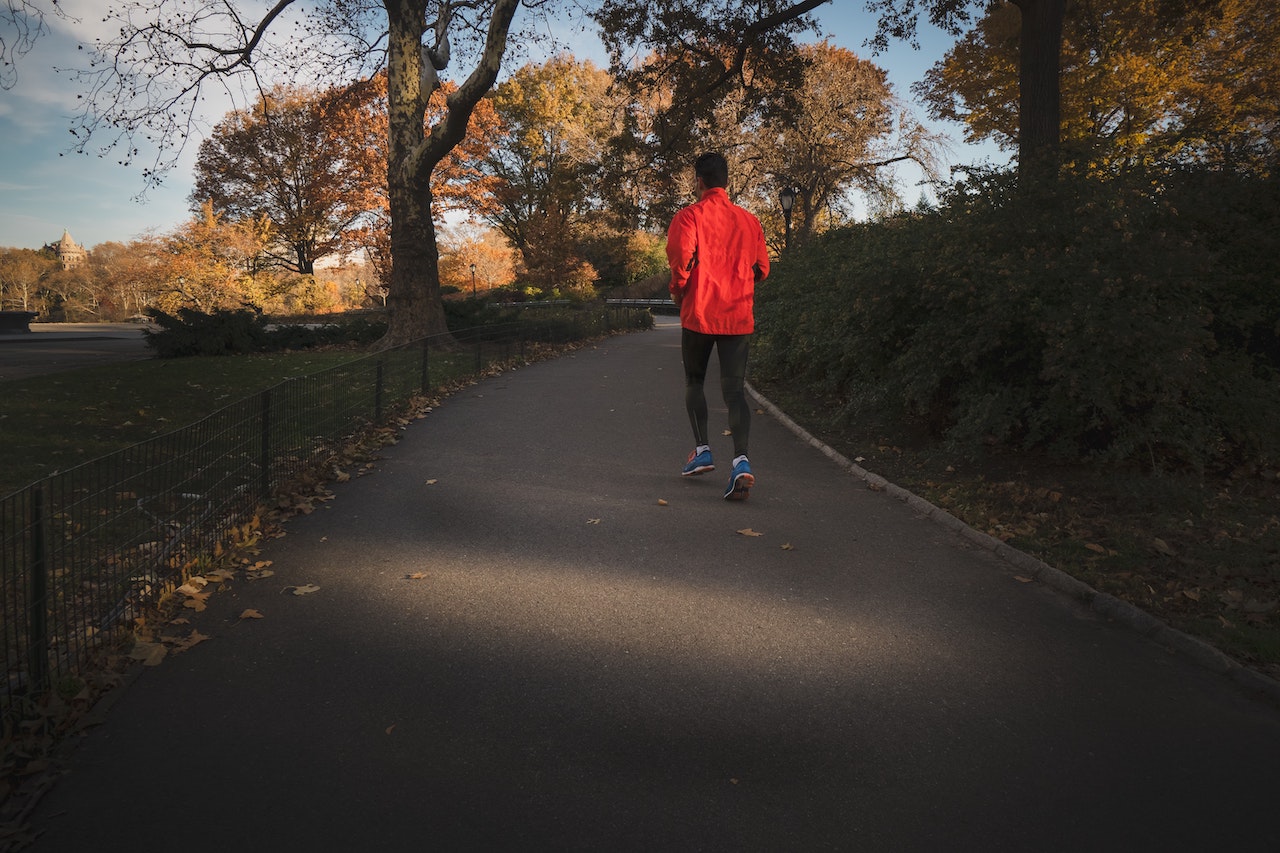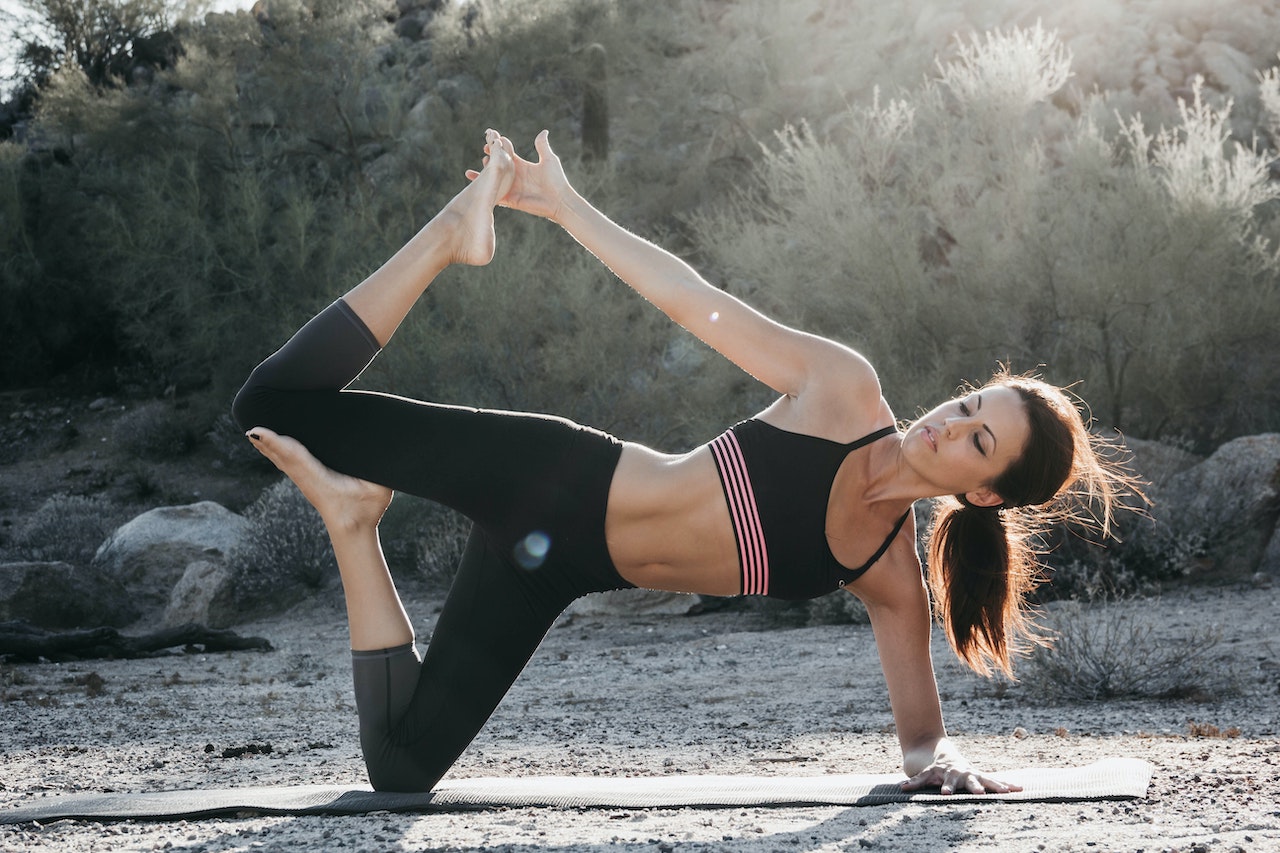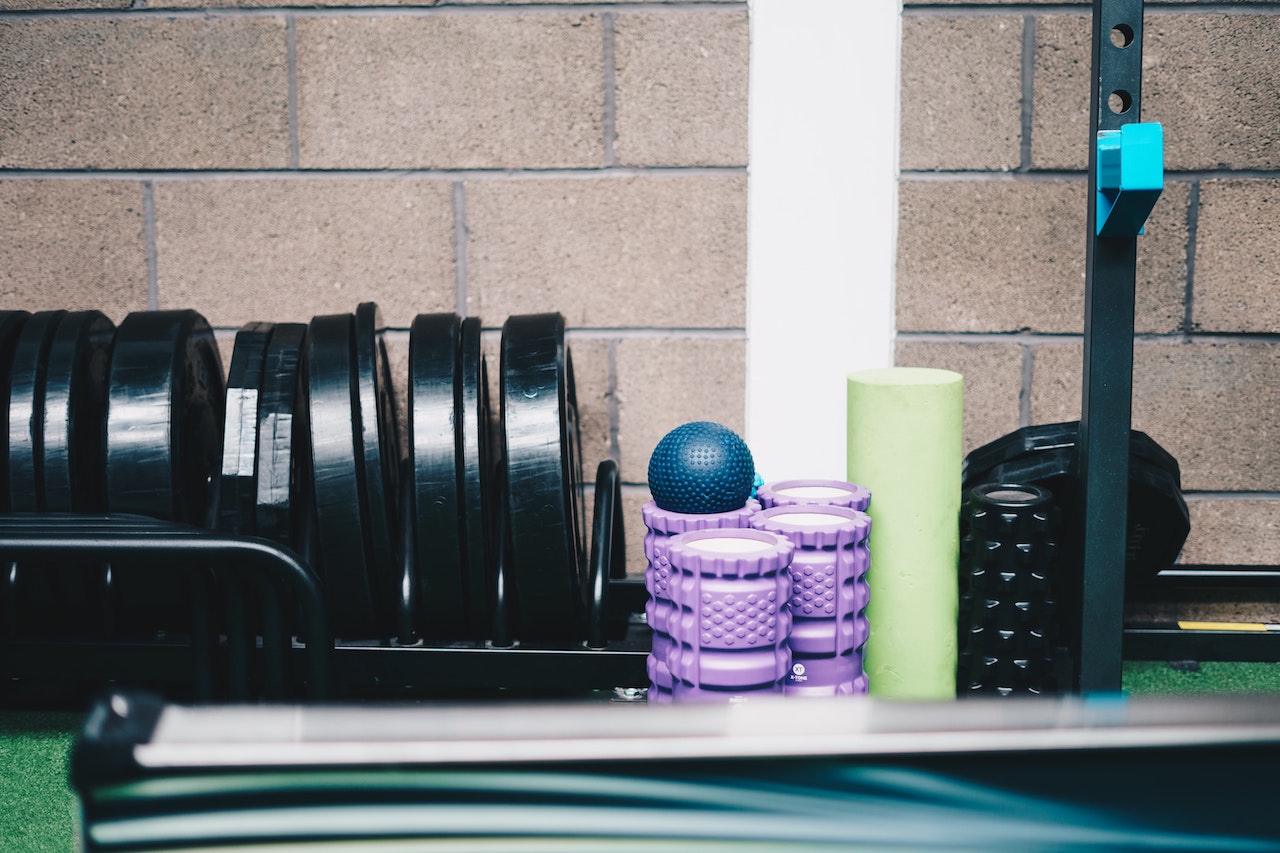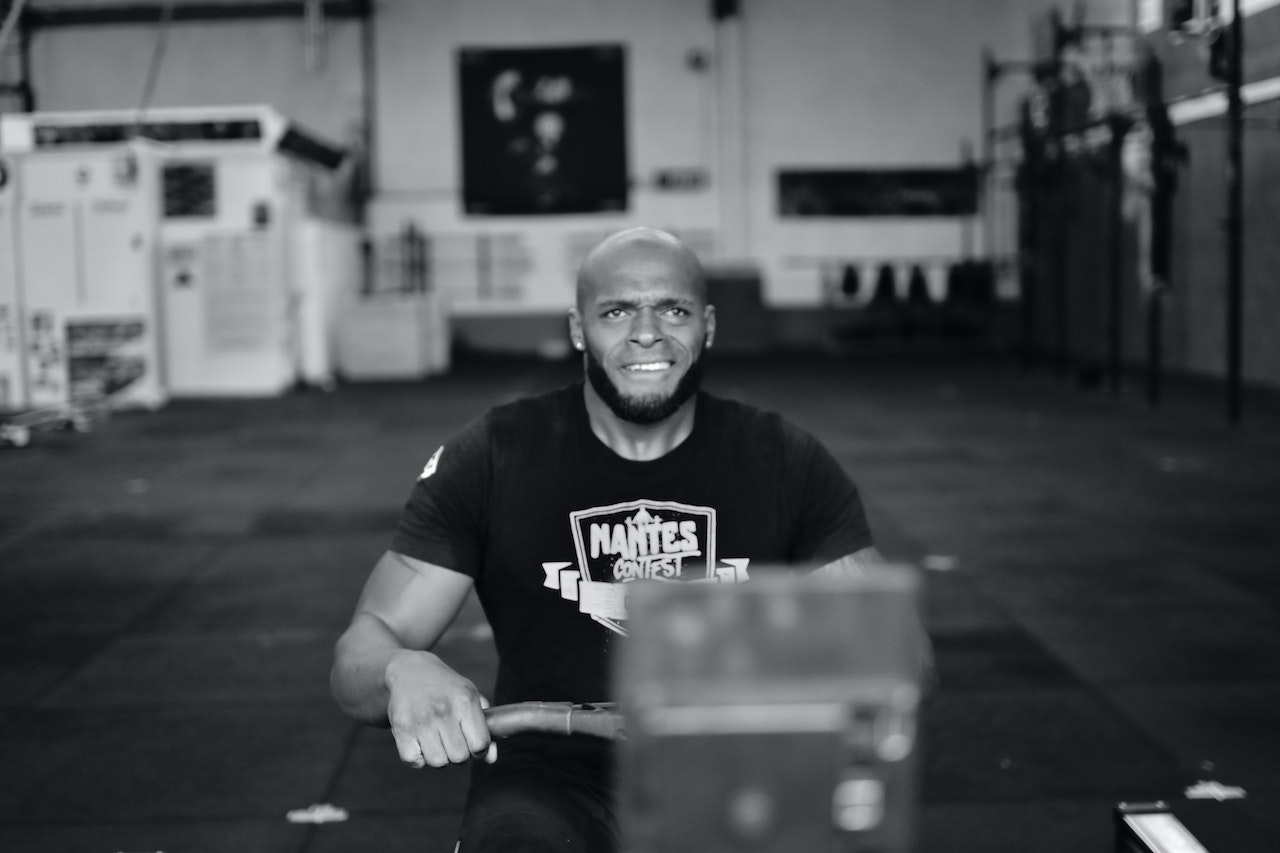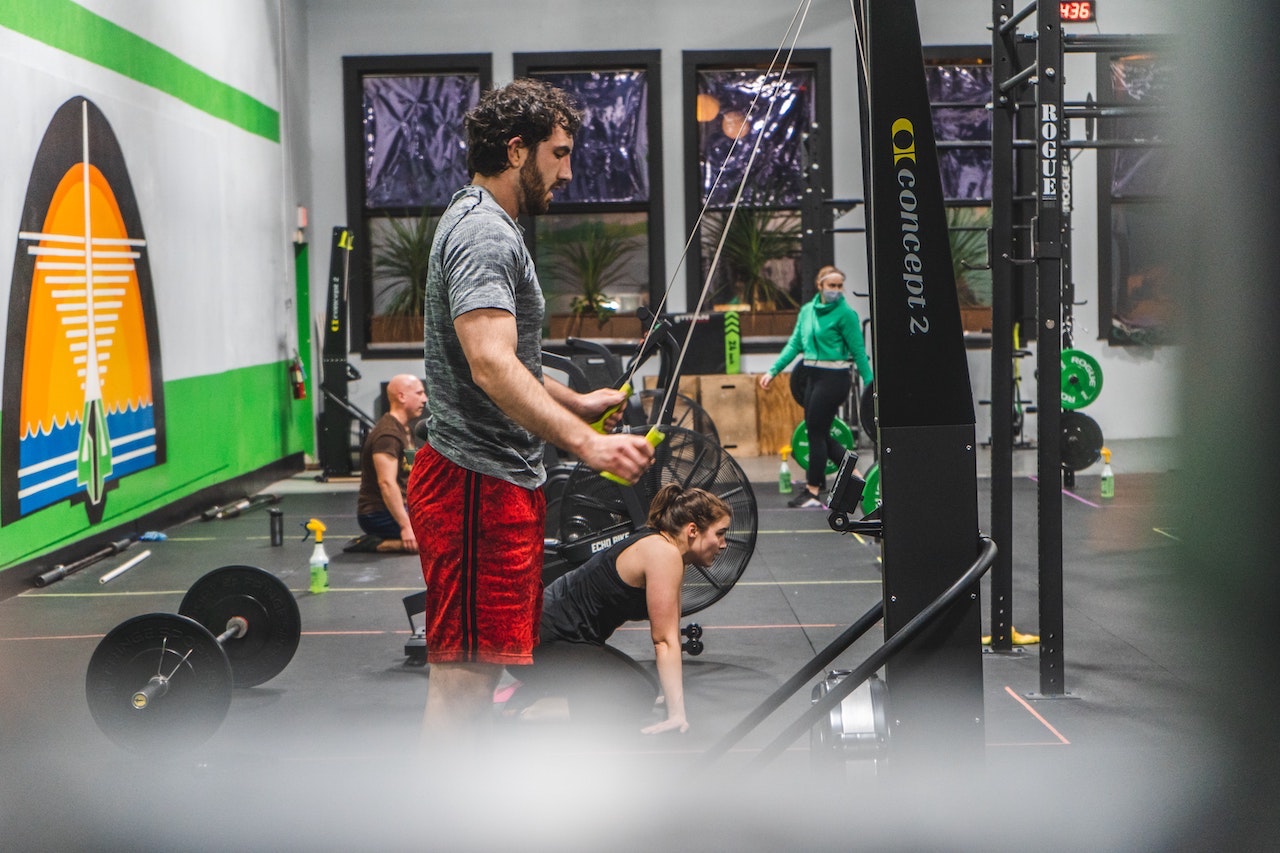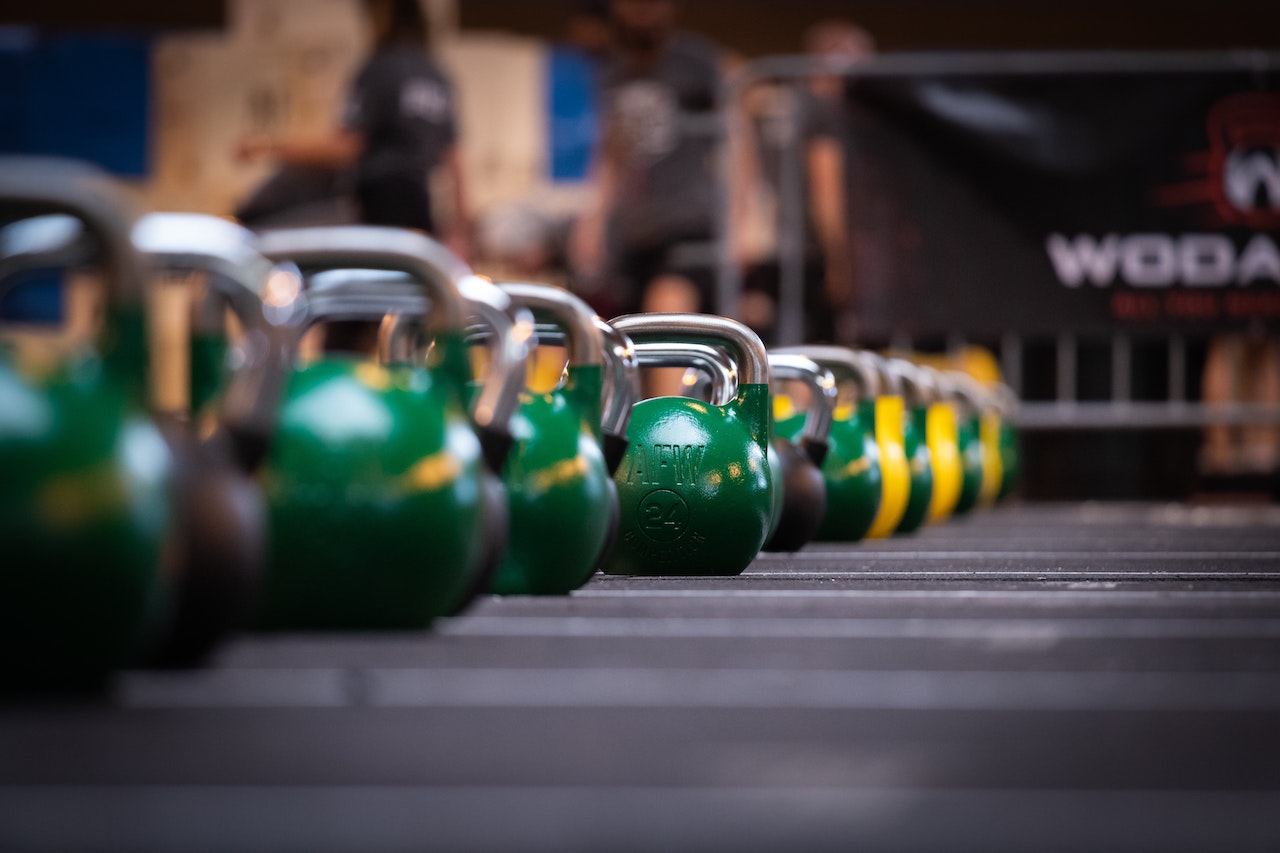there are many fitness enthusiasts who spend the same number of years but train better than others in the gym. There will be people who don't understand why i train harder than him but not as well as he does. Genetics aside, there are always some differences in training and what to look out for when training.

It's true that it's never too late to start training on the road to a slimmer, healthier body, but unfortunately, by the time summer arrives, time is running out if you want to have visible abs.
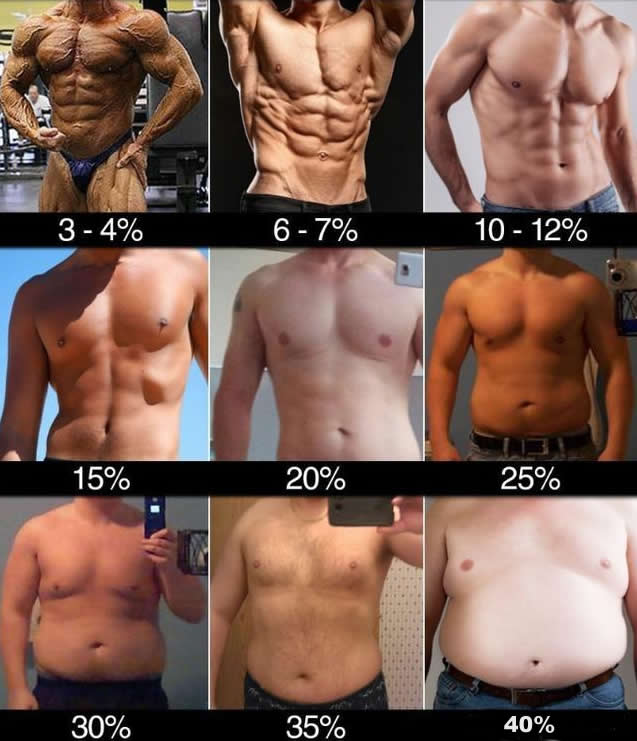
however, if you start learning these tips today, you'll be able to show off your muscles for the summer whether you're at the gym or on the street in a tank top. But even if you're not looking to show off your muscles at the beach, a six-pack isn't just for showing off at the beach - a strong core is an essential foundation for overall health. Your back pain will be reduced, your lifts will be stronger and your posture will be greatly improved.
The adage "Abs are made of food" Is completely true, but just as important as it is to make sure you're using the right movement positions as you work towards better muscle tone and core strength. These guidelines ensure you don't waste time, or avoid injury.
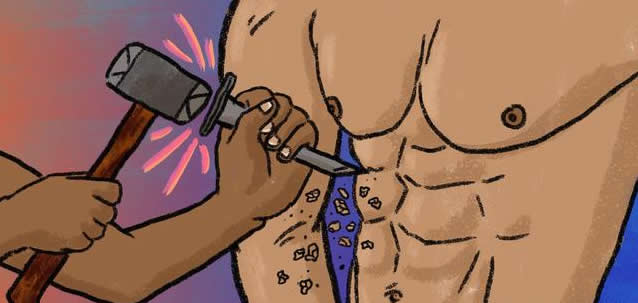
1. Maintain peak contraction
by consciously squeezing the muscle groups at the top of each movement, you can work the abdominals better and not make the movement too fast. Note: Maintaining the peak contraction is an important detail that many fitness beginners overlook.
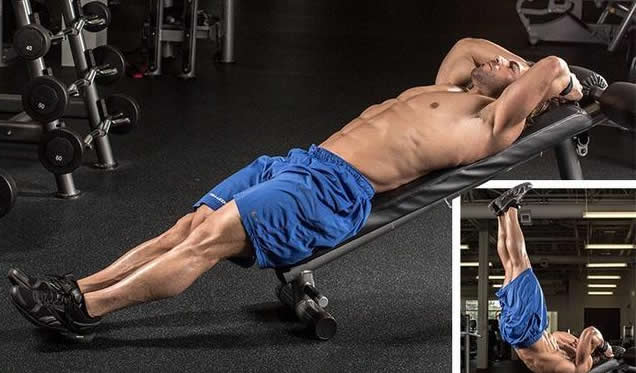
2. Do the movements at a smooth, deliberate rate
doing movements at a slow rate and with standard posture increases the strength of muscle contractions and minimises momentum. Momentum is generated through fast, explosive movements, which can reduce the quality of your training and cause injury.
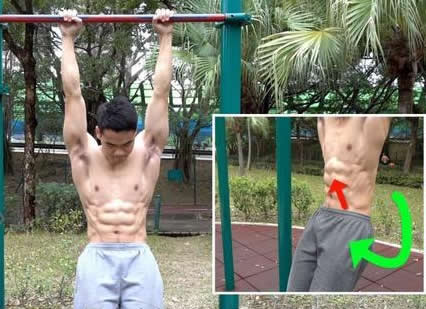
3. Exhale at the top of the movement
hold your breath until you reach the top of the contraction position for a more intense contraction. Exhaling early will lower the intra-abdominal pressure and so make the abdominal contractions less intense.
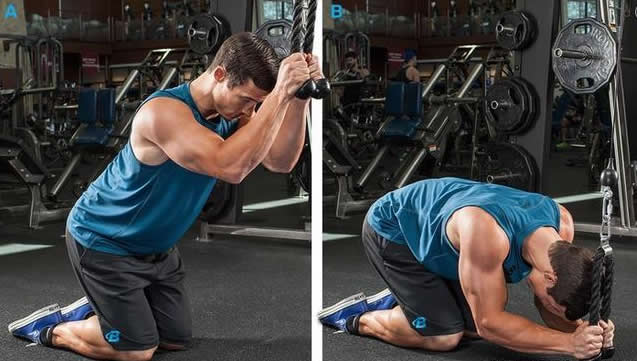
4. Keep the head in line with the torso
do not cross your fingers when you need to support your head with your hands, as this increases the pull on the head and may disrupt spinal alignment. Place your fingers gently behind your head to support it, without exerting tension. Many people are doing cervical crunches, which hurt the cervical spine.
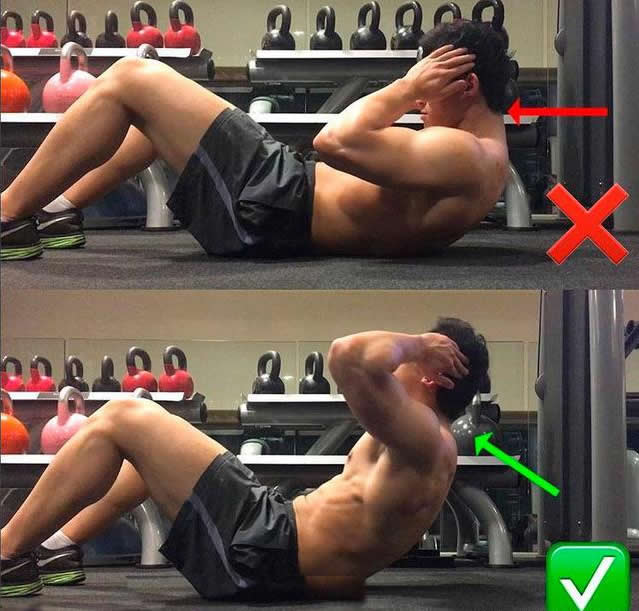
5. Make sure the movement is limited to the lower back
in most upper and lower abdominal movements, your spine flexes (your lower back bends), so don't let your lower back go into an arch during the movement. Keep your other joints stable.
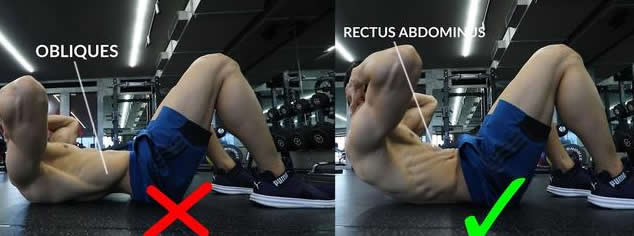
6. Keep the range of motion small
for example, lifting the shoulder blades off the floor in a basic sit-up allows the abs to move throughout the range of motion. Do not do too full a sit-up that makes one lift very high; such an exercise will not further contract or stimulate the abdominal muscles and may increase the engagement of the hip flexors when the feet are immobilised, for example in a descending sit-up.
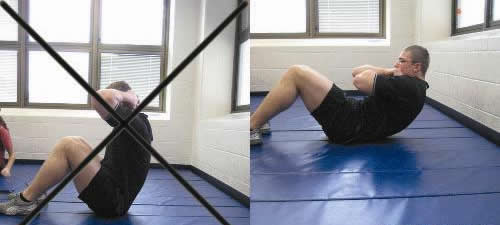
7. Maintain constant tension throughout the set
the abdominal muscles recover quickly, so if you rest between movements, even for just a second, it is difficult to fatigue the muscles sufficiently. Stop the movement just before the end of the centrifugal phase and return, maintaining constant tension.
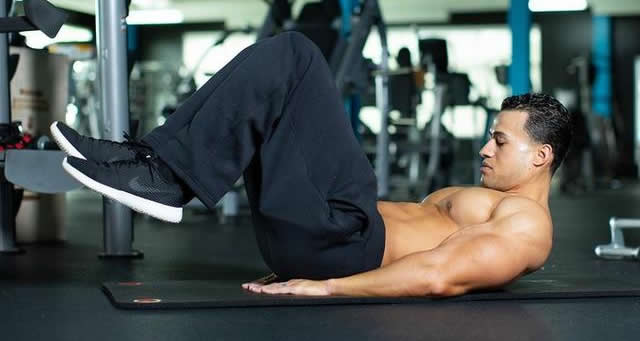
8. Perform precise rest between sets
after completing the workout, rest for about 60 seconds to allow the abs to recover so that you can do the next set. If the rest period is too short, the abs will still be tired and you won't be able to reach your reps goal.

to get 6 pack abs, it's not about how many reps you do, it's more about the quality of the training. List these training details to refer to and apply to practice, is it good or bad? The results will tell you. When summer comes, then look at your abs, you will feel that actually 6 blocks is not difficult!

